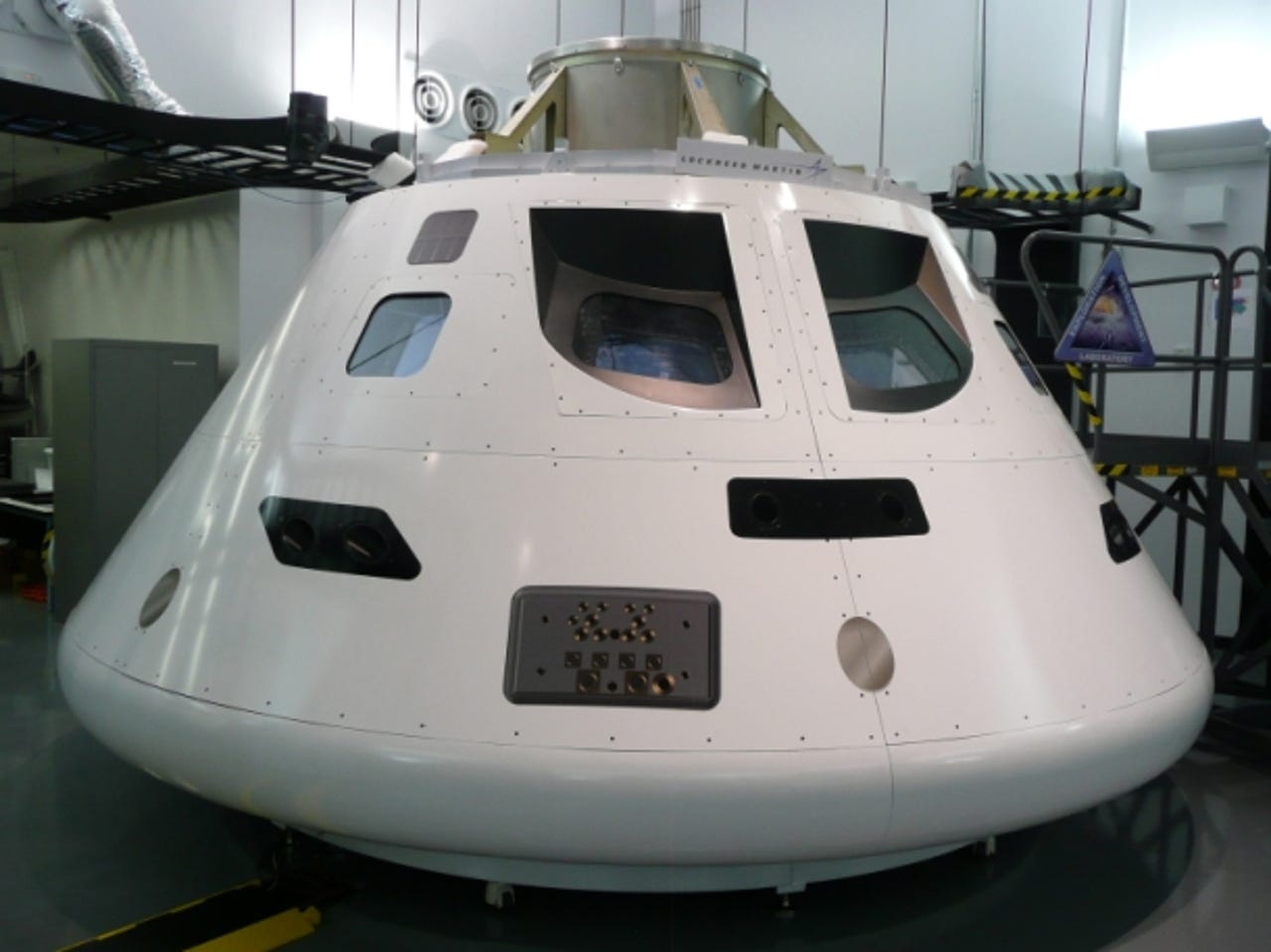UK space investment to rocket

The UK's space industry is set to get a billion-pound boost after government ministers wrapped up talks on funding for Europe's space projects.
The UK Space Agency, the government organisation in charge of the country's launcher, vehicle and payload strategy, pledged a £1.2bn ($2.1bn) investment across multiple projects at the European Space Agency Ministerial Council in Naples on Wednesday.

British businesses will benefit by landing orders worth around £1 billion, plus they will get the chance to take the lead on large-scale projects, according the agency. The contracts should also help strengthen the UK industry in telecoms and Earth observation satellites, among other areas.
"Space is big business for the UK, so it is important for us to make strategic investments that will continue the growth of this thriving industry," David Willetts, the UK's minister for University and Science, said in a statement.
"The programme of investment we've negotiated at ESA will not only allow us to get ahead in the global race by securing more major contracts for UK industry, but will also provide us with the tools to manage major challenges like disaster relief and climate change."
The UK is putting in £16m to help develop the service module for NASA's Orion capsule, the Shuttle replacement intended to support the International Space Station and other manned missions. This is the UK's first investment in manned space flight.
"The programme of investment we've negotiated at ESA will not only allow us to get ahead in the global race by securing more major contracts for UK industry, but will also provide us with the tools to manage major challenges like disaster relief and climate change." - Science minister David Willetts
At the same time, it was announced that the Russia will contribute to ExoMars, a combined orbiter and rover project to search for organic compounds on Mars. NASA had previously withdrawn support, putting the mission in jeopardy, but Russia will now supply two Proton launch vehicles for launches in 2016 and 2018. The UK is involved in imaging, and sample retrieval and analysis.
The Orion investment comes from the UK's total funding pledge of £240m a year for five years — an increase on the existing £97m annual UK space budget. Ten ESA projects in total will see increased UK spending, on top of more money for the European agency's compulsory development programmes.
One project to benefit is ARTES, the Advanced Research in Telecommunications Systems, which covers space-based data transmission systems including TV, air traffic contol and maritime security. This will get £161m and the creation of 100 jobs at the ESA outpost in Harwell, Oxfordshire.
Also set to get a boost are Metop 2G, a weather satellite project (£81m); the Earth Observation Envelope Programme (EOEP) environmental monitoring system (£166m); and the European GNSS satellite navigation system (£18m) intended to replace the current Galileo platform. Another £18m will go to the Mars Robotic Exploration Preparation Programme, which will concentrate on developing nuclear power sources for long-duration missions.
The UK Space Agency said that the space industry currently contributes over £9bn to the UK economy, with the new investment intended to help grow that to around £30bn by 2030.